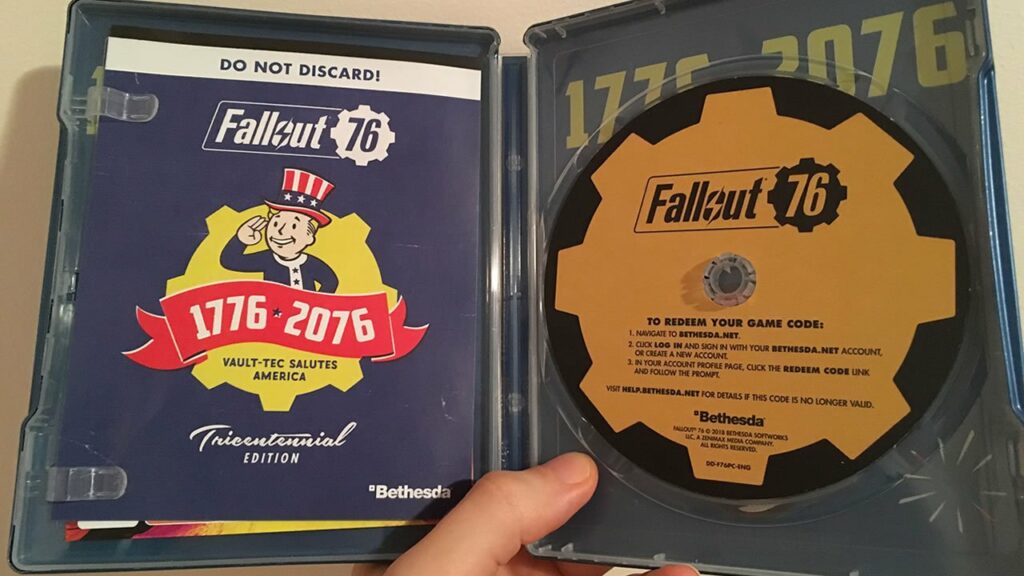Video games have become an integral part of modern-day entertainment, and as the gaming industry grows larger, it’s essential to discuss the future of game preservation. However, there are reasons to believe that the future is bleak due to greed, lazy game developers, online game services, and microtransactions.
Many people prefer physical copies of games to collect and preserve them, but unfortunately, the days of buying a physical game, inserting it into your console, and playing it straight off the disc are long gone. Physical discs are now nothing more than licenses or physical keys to access the game online. The physical disc often contains an installer that is less than 100mb, and in most cases, you need an internet connection to download the game in its entirety. This is not only terrible for game preservation, but it is also concerning because gamers don’t technically own the game anymore. If the game exists online and must be connected to your account, the developer or publisher can restrict access to it, even if you own a physical copy.
For example, a gamer can lose access to the game they purchased for merely saying something that the developer or publisher disagrees with on social media. This is a real issue, and we have seen examples where gamers have been banned from playing a game because of their social media post. It is a worrisome trend, and gamers need to be aware of it.

Going back to the golden days of console gaming, where once you bought a game, you could play it by inserting the disc or cartridge into the console and pressing start, the gap between console and PC gaming is ever receding. The convenience of playing on consoles, especially for platform games, fighting games, sport games, and couch co-op games, has always been a plus point for console gamers. However, developers are now moving away from couch co-op and split-screen games, and that’s a concerning trend.
The Halo series is an excellent example of this. The game series that popularized split-screen and couch co-op gaming is now nothing but a shell of its former self. Developers have decided to abandon local split-screen and campaign co-op multiplayer for Halo Infinite, focusing instead on online multiplayer. Even the Call of Duty game series is slowly getting rid of split-screen. Despite massive technological advancements in consoles over the years, developers of Call of Duty: Modern Warfare II (2022) have argued that they are unable to do four-player split-screen like they did with previous games due to technical limitations.
It is essential to note that game preservation is not just about having a physical copy. It is about ensuring that games are available to future generations to experience and appreciate. If we continue to rely on digital copies of games, we risk losing access to entire generations of games. This is not just an issue for gamers but for the gaming industry as a whole.
MORE: Overwatch Characters Brought To Life with Stable Diffusion AI
The future of game preservation is a bleak one. The current trend of developers releasing incomplete games and the push towards online services and microtransactions has made it difficult for gamers to preserve their games. It is essential for gamers to voice their concerns and push for a standard where once you buy a physical copy of a game, you can play it whenever and wherever you want without worrying about losing access to it. It is also vital for developers to consider the importance of couch co-op and split-screen gaming, as this is an essential aspect of game preservation. Let’s work together to preserve the gaming industry for future generations.


